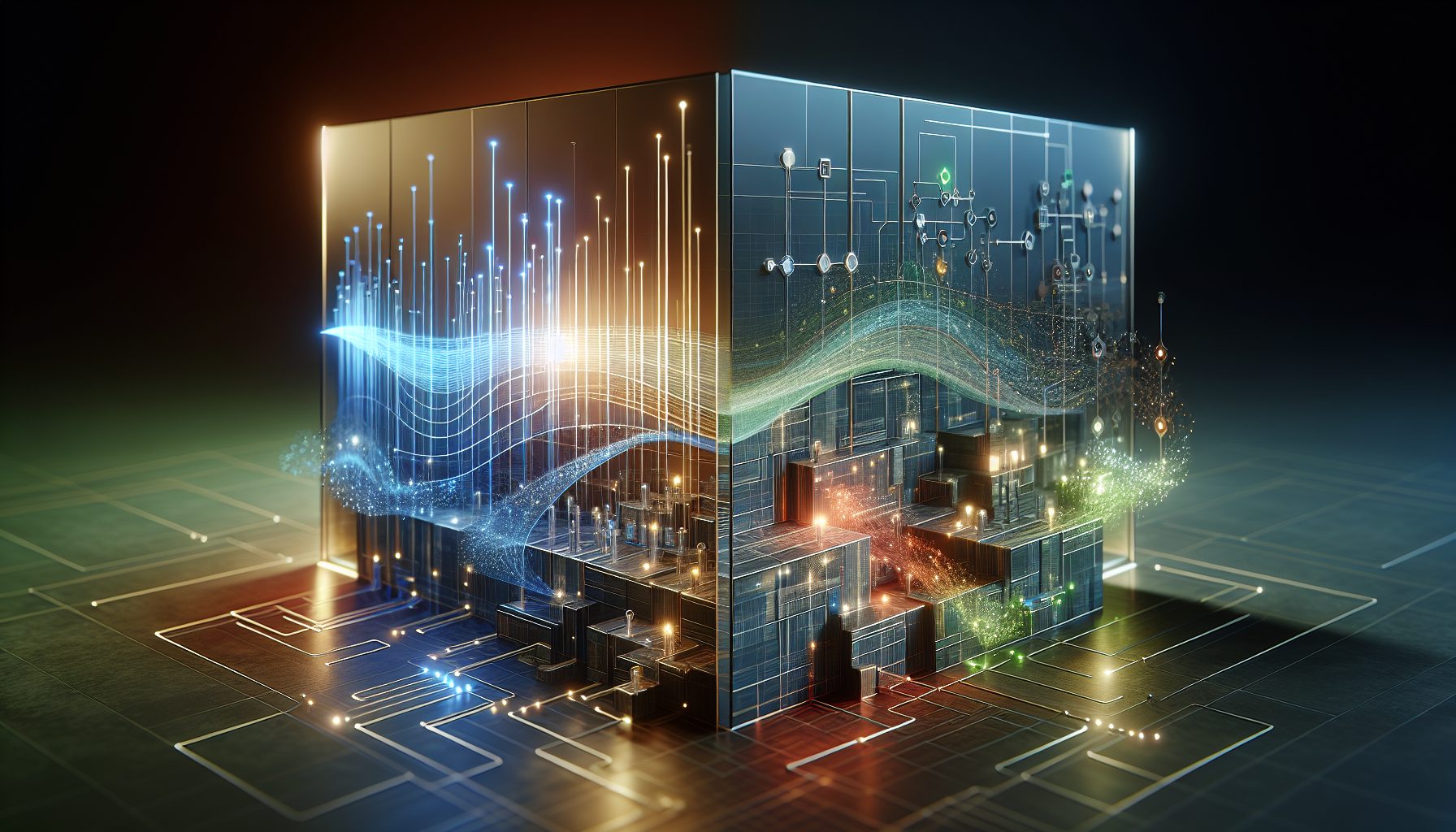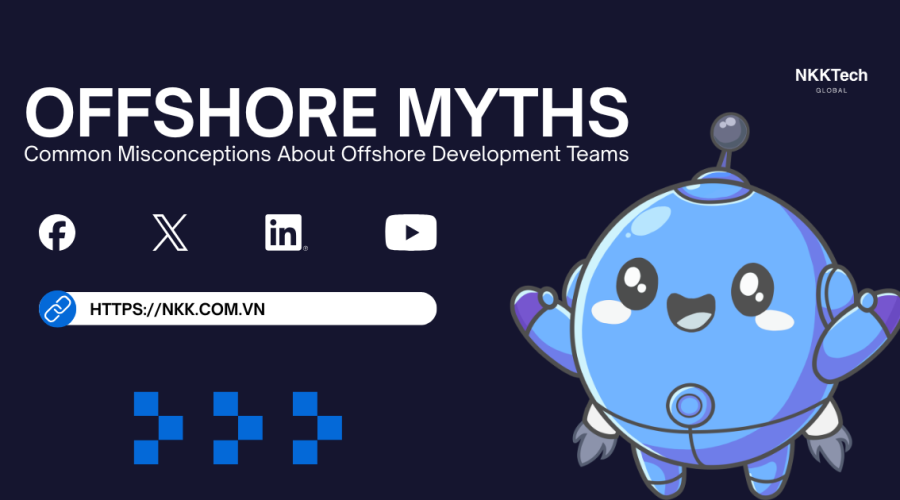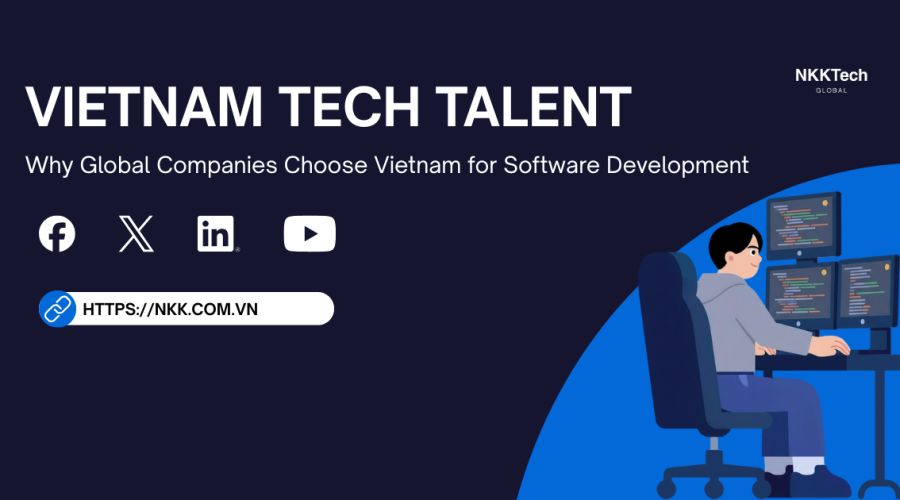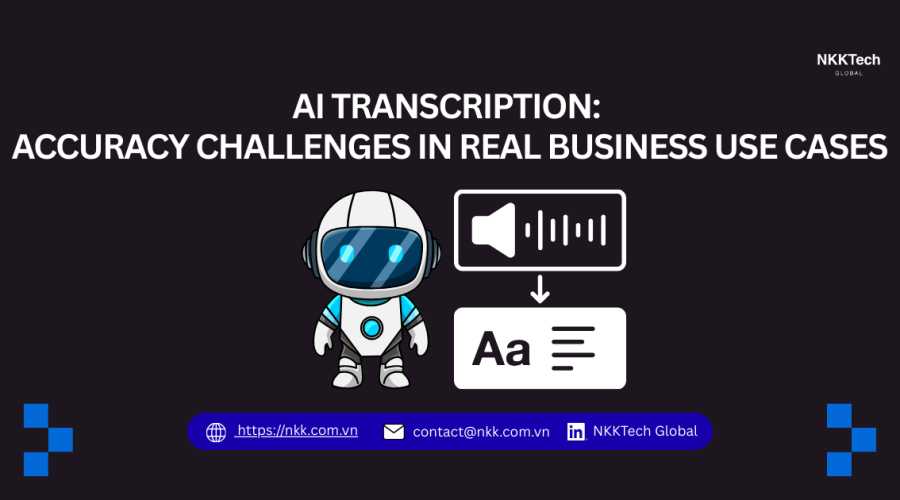Table of Contents
- Overview of AI Agent Architecture Explained
- Pros of AI Agent Architecture Explained
- Cons of Implementing AI Agent Architecture
- Real-world Applications in Business
- Conclusion and Contact for Support
Overview of AI Agent Architecture Explained
Today, AI Agent Architecture Explained plays a crucial role for businesses aiming for digital transformation. The AI agent architecture defines how different AI components work together to solve tasks such as data analysis, process automation, and intelligent customer interaction.
Additionally, AI agents function through integration of machine learning, data pipelines, and automated decision-making systems. Understanding the major pros and cons of this architecture helps organizations make smarter deployment decisions.
Pros of AI Agent Architecture Explained
Businesses gain various advantages with AI Agent Architecture, which include:
- Process automation: Reduces repetitive tasks so employees can focus on creative work.
- Fast big data analysis: Enables precise decisions thanks to advanced data analytics in real-time.
- Scalability: The modular nature of AI agents makes it easy to add features without disrupting the system.
- Flexible interaction: AI supports users across channels, providing personalized experiences.
Moreover, AI Agent Architecture Explained helps optimize resources and minimize errors due to self-learning and automatic adjustments.
Explore more about AI-powered marketing automation
Cons of Implementing AI Agent Architecture
Despite its strengths, AI Agent Architecture has several limitations:
- High investment cost: Building and training AI demands significant technology and personnel resources.
- Complex security requirements: Large data volumes and algorithms can be vulnerable without strict controls.
- Integration challenges: Adopting AI agents into legacy systems can be difficult, especially for traditional businesses.
- Data quality dependence: The effectiveness of AI agents relies on having clean and sufficient data.
Furthermore, running AI Agent Architecture Explained requires continuous monitoring to prevent inaccuracies caused by “data noise”.
See more at AI in enterprise marketing
Real-world Applications in Business
AI Agent Architecture Explained is widely used across different industries:
- Automated customer care via smart chatbots.
- Market data analysis with behavioral AI systems.
- Smart warehouse management powered by data chains.
For instance, retailers utilize AI agents to accurately forecast demand and optimize inventory. Fintech companies use AI Agent Architecture to minimize transaction risks through multi-layered data analysis.
Conclusion and Contact for Support
In summary, AI Agent Architecture Explained enables businesses to boost operational efficiency. Although there are some challenges, it is a necessary choice for digital transformation. If you want expert consulting or effective AI agent architecture implementation, get in touch with the NKK team.
Send requirements via email contact@nkk.com.vn or explore solutions on https://nkk.com.vn/. For marketing automation, visit https://nkk.com.vn/vi/aicontenthub-tu-dong-hoa-noi-dung-marketing/. Share this post or comment to enhance community knowledge!




